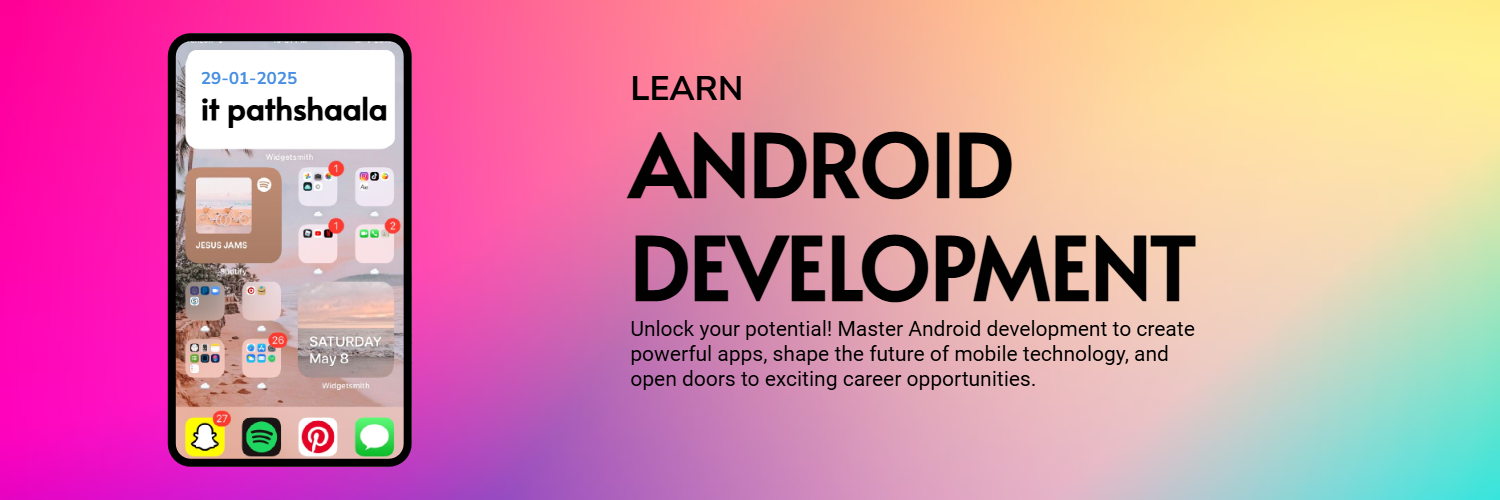Introduction to Android Development
Android development refers to the process of creating applications for devices running the Android operating system. With its vast user base, Android offers developers an excellent platform to create innovative applications.

What is Android?
Android is a mobile operating system developed by Google. It powers billions of devices, including smartphones, tablets, smartwatches, and even televisions. Android is open-source, which allows developers to build custom versions or applications tailored to specific needs.
Why Learn Android Development?
Here are some reasons to dive into Android development:
- Android dominates the mobile operating system market globally.
- It offers a flexible and open platform for creating a variety of apps.
- Strong community support and resources are available for learners.
- Opportunities to monetize applications through Google Play and other platforms.
Tools for Android Development
To start developing Android applications, you need the following tools:
- Android Studio: The official Integrated Development Environment (IDE) for Android development.
- Java or Kotlin: Programming languages used to write Android applications.
- Android SDK: A set of tools and libraries to build Android apps.
- Emulator: A virtual device for testing your apps without using a physical device.
Hello World Example
Let’s create a simple "Hello World" application to get started with Android development:
1. Open Android Studio and create a new project.
2. Select an "Empty Activity" and name your project.
3. Modify the activity_main.xml file to display a "Hello World" text:
<RelativeLayout xmlns:android="http://schemas.android.com/apk/res/android"
android:layout_width="match_parent"
android:layout_height="match_parent">
<TextView
android:layout_width="wrap_content"
android:layout_height="wrap_content"
android:text="Hello World!"
android:layout_centerInParent="true" />
</RelativeLayout>
4. Run the application using an emulator or physical device.
Features of Android Development
Some of the key features of Android development include:
- Support for various screen sizes and resolutions.
- Access to device hardware such as camera, GPS, and sensors.
- Integration with cloud services and APIs.
- Rich user interface components and customization options.
Conclusion
Android development is an exciting and rewarding field with endless possibilities. Whether you're interested in creating mobile games, utility apps, or innovative solutions, learning Android development can open up numerous opportunities. Start with simple projects, explore the tools, and gradually build your expertise.